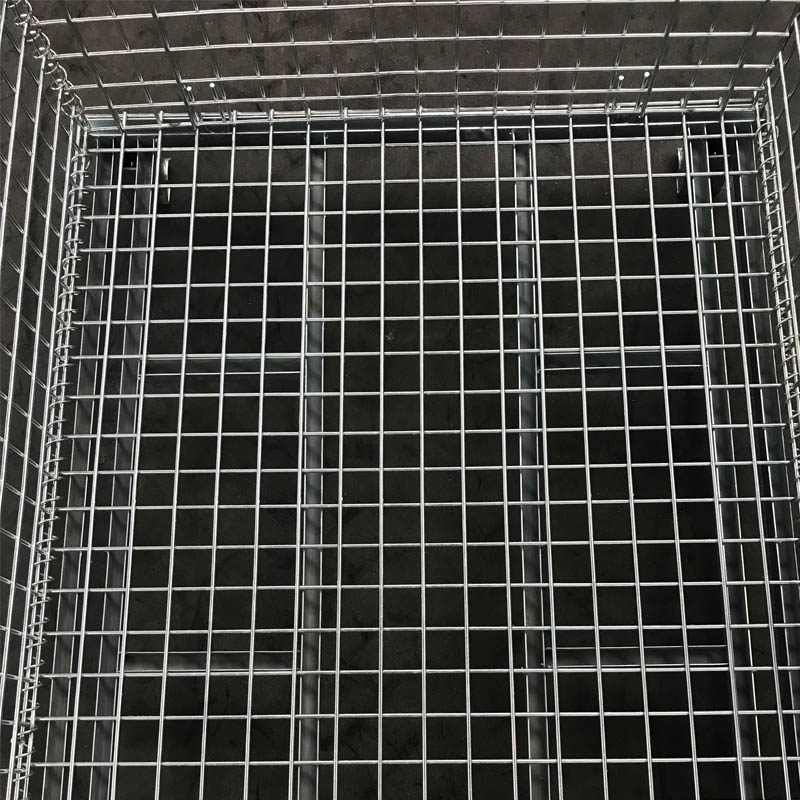
- Mobile Phone
- +8613931874955
- sales@cntcmetal.com
Purchase Quality Garden Wire for Your Landscaping Needs Online Today
A Comprehensive Guide to Buying Garden Wire
When it comes to gardening, having the right tools and supplies can make all the difference in achieving a successful and flourishing landscape. One essential item that every gardener should consider is garden wire. Understanding its uses and selecting the right type can streamline your gardening tasks and enhance your garden's health and aesthetics.
What is Garden Wire?
Garden wire is a versatile and durable wire used for various gardening purposes. It comes in different gauges and materials, such as metal, plastic-coated, or soft wire. The flexibility and strength of garden wire make it ideal for tasks ranging from supporting plants to securing garden structures.
Common Uses of Garden Wire
1. Plant Support One of the primary uses of garden wire is to support climbing plants and fragile stems. By creating a trellis or tying plants to a stake, you can ensure that they grow upright and receive ample sunlight. This support is crucial for vegetables like tomatoes and flowering vines such as clematis.
2. Garden Structures Garden wire is often used in constructing various garden structures, including fences, plant cages, and raised beds. It can provide a sturdy framework that holds plants in place while preventing pests from accessing your garden.
3. Crafting Projects For the creative gardener, garden wire also serves as a crafting material. It can be shaped into decorative items, such as plant markers, wreaths, or plant hangers, allowing you to personalize your garden space.
4. Training Plants Garden wire is perfect for training plants to grow in specific directions. This technique is commonly applied to bonsai trees and other ornamental plants to achieve desired shapes and forms.
buy garden wire

Choosing the Right Garden Wire
When shopping for garden wire, consider the following factors
- Material Choose between galvanized steel, stainless steel, or plastic-coated wire. Galvanized wire is rust-resistant and durable, while plastic-coated wire offers additional protection and is less harmful to tender plants.
- Gauge The gauge refers to the thickness of the wire. A thicker wire (lower gauge number) is more suitable for heavy-duty support, while a thinner wire (higher gauge number) is ideal for delicate plants.
- Length and Roll Size Depending on your gardening needs, select an appropriate length and width. Larger rolls may be more economical for extensive garden projects.
Where to Buy Garden Wire
Garden wire can be found at local garden centers, hardware stores, or online retailers. When choosing where to buy, consider factors such as product quality, price, and customer reviews. Many online platforms offer a wide range of options, often with the convenience of home delivery.
Conclusion
In summary, garden wire is an indispensable tool in every gardener's toolkit, offering support and structure to plants and garden projects. By understanding its applications and knowing how to choose the right type, you can significantly enhance your gardening experience. So, whether you’re supporting beans up a trellis or creating DIY garden art, investing in quality garden wire is a step towards a thriving and beautifully organized garden. Happy gardening!
share:
-
The Ultimate Solution for Display Needs: Wire Grid PanelsNewsMay.06,2025
-
The Ultimate Guide to Galvanized Steel WireNewsMay.06,2025
-
Iron Binding Wire: The Ideal Solution for Your NeedsNewsMay.06,2025
-
Explore the Strength and Versatility of Galvanized Welded Wire FabricNewsMay.06,2025
-
Discover the Durability and Versatility of PVC Galvanized WireNewsMay.06,2025
-
Discover Quality China Stainless Steel Wire MeshNewsMay.06,2025
-
Understanding Wall Ties: Types and ImportanceNewsApr.28,2025



















